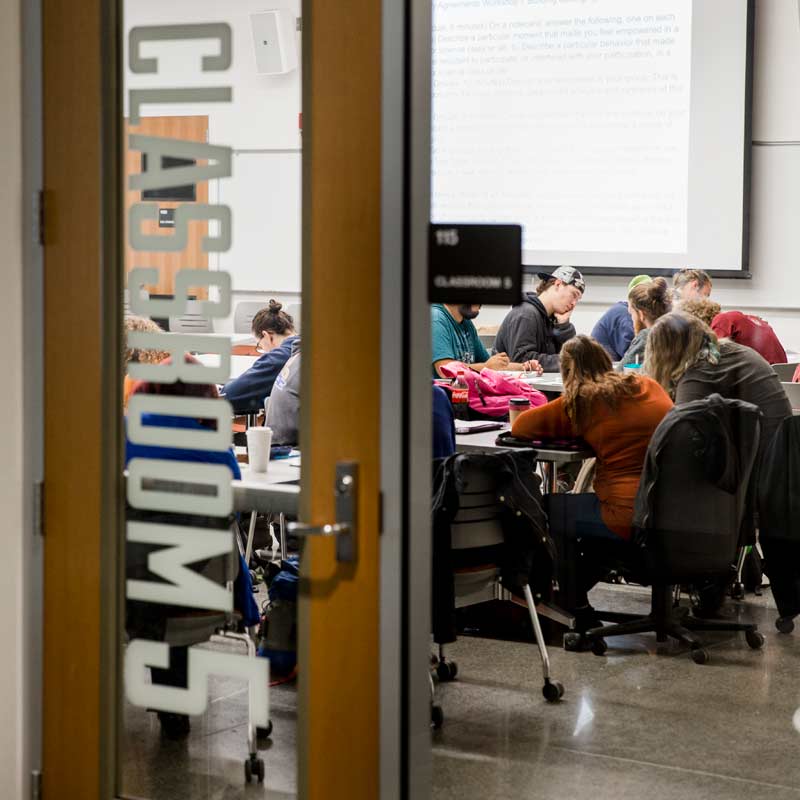Professional Development
In an essay predating the Scholarship of Teaching and Learning (SoTL) as a movement in higher education, Lee S. Shulman called for an end to pedagogical solitude: What would happen if we opened classroom doors to supportive communities of conversation and evaluation—"the exchange of findings, methods, and excuses," as he put it—which characterize communities of researchers? What if we treated teaching as community property?
The idea that teaching is intellectual work worthy of collective inquiry has transformed professional development in higher education. A focus on techniques for delivering content has been eclipsed by a focus on how to foster student learning and success. This student-centered shift typically involves conversations among faculty, staff, and the entire campus community.
Informed by data on student retention, literature on college readiness, and research on learning, these conversations focus on implications for supporting students within and outside the classroom. Quality professional development programs encourage experimentation, support coordinated efforts, and promote individual capacity building within a community of supportive colleagues. Ongoing assessment based on critical reflective inquiry is valued. Rethinking and fine-tuning practice is regarded as evidence of professional expertise and the development of collective know-how.
Professional development based on the essential elements named above provides an excellent foundation for learning community work. More, though, is required. Colleagues have identified the need for specialized professional development to facilitate the following shifts in practice:
- Moving from thinking about the way I usually teach my course to figuring out what from my discipline students need to understand in the context of our program
- Leveraging disciplinary understanding as the basis for integrative and interdisciplinary learning, and teaching the habits of mind of a skillful integrative learner
- Supporting students in a learning environment where learning in isolation is replaced by learning in community, where students' individual preparation and self-reflection are foundational practices

